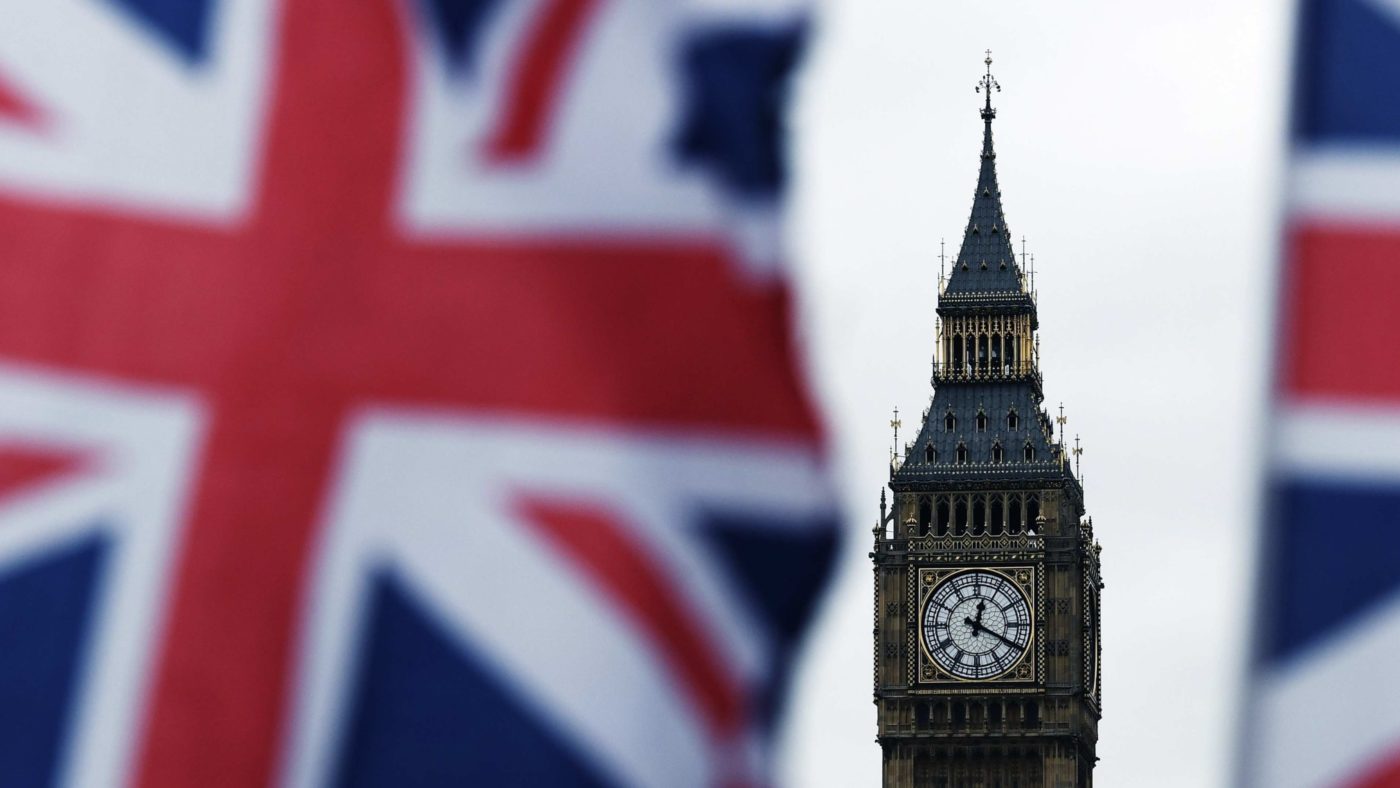UK economy is losing $1.1 for Brexit uncertainty

Brexit uncertainty has cost Britain £600 million ($1.1 billion) a week since the 2016 referendum, according to one of the world’s biggest investment banks.
Goldman Sachs estimates that almost 2.5 per cent has been knocked off economic growth amid growing corporate frustration at a lack of clarity surrounding Britain’s exit from the European Union.
Its analysts said “uncertainty shocks” had hit investment in Britain since it voted to leave the bloc, dragging it behind other leading economies. Brexit had also harmed the economies of Italy, Germany and Spain in Europe, and Japan and the US.
The bank’s analysts said leaving with a transition agreement “would reverse part of the UK’s output underperformance”. In contrast, they projected that Britain would endure “large output losses” if it departed without a deal, alongside a “substantial global confidence shock” laid bare by a “sharp” fall in the pound. European economies would be exposed “and could see output losses of around 1 per cent of real gross domestic product”.
Should the UK change course and remain within the EU, the bank forecasts that the country would “fully recoup” the Brexit-related economic costs of recent years as business confidence recovered.
Executives at Goldman, which backed the campaign to remain inside the EU during the referendum three years ago, have repeatedly warned over the impact of a hard Brexit. Chief executive David Solomon has said a “difficult” departure would have negative ramifications for its investment in Britain. The bank employs about 6500 staff in the UK.
Standard & Poor’s, the ratings agency, said on Monday that a disorderly Brexit would have negative consequences for the UK’s growth prospects and government finances. Such a scenario could also see house prices fall and a further drop in the pound, it said, as well as an erosion of Britain’s appeal as a destination for foreign investment.
Analysts at Goldman calculated the loss in post-Brexit British economic growth by creating a “doppelganger” model that followed the economy’s pre-referendum path and compared this with its actual performance. By the end of last year, “this estimate of the Brexit cost stood at 2.4 per cent of UK GDP — or around £600m every week since the referendum”. The analysts noted that the UK initially suffered a lag in investment growth in the “immediate aftermath” of the 2016 Brexit vote, “as well as more recently amid the renewed intensification of Brexit uncertainty”.
The bank’s central expectation remains that the country will exit the EU with an agreement after receiving parliamentary approval: “If indeed a political resolution is reached, our analysis suggests that a substantial drag on the UK economy will be lifted, while the UK’s European neighbours will benefit to a smaller … extent.”

